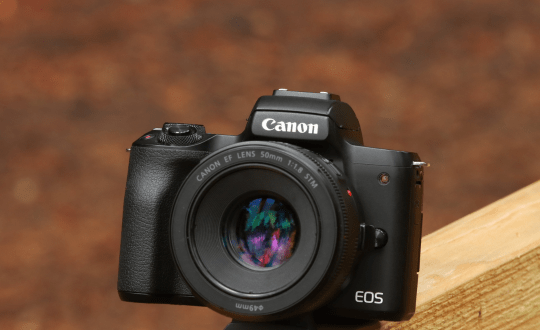Student Success: David Hakamaki
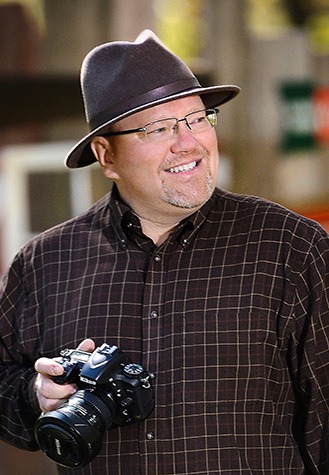
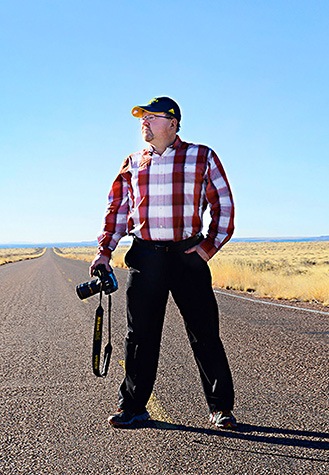
1. When did you realize that photography was the field you wanted to pursue?
I have always liked taking photos. I was interning at a City and was tasked with taking a few photos for their community park brochure. They said they needed one or two, so I shot an entire roll. Unexpectedly, they selected 7 images for use (of 12 total). They were amazed at how well I did, so this sparked some internal fire to learn more about photography.
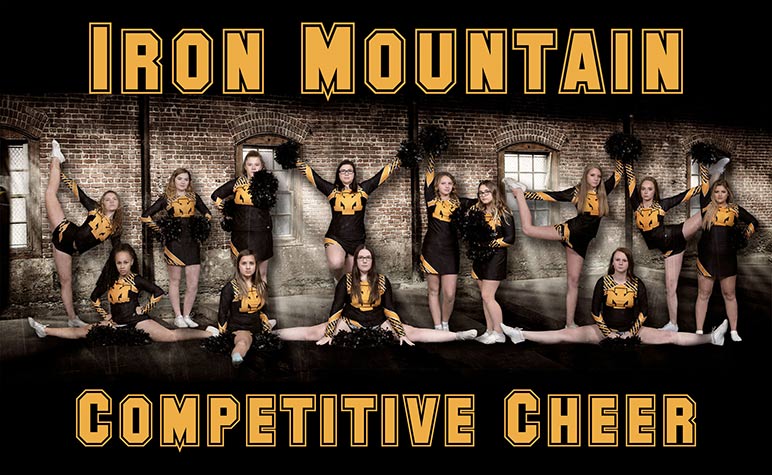
2. When did you enroll at NYIP?
I enrolled in the early 2000’s. I wanted to pursue photography as a career, but wanted to ensure that I understood the technical aspects of photography, before taking on a job where someone expected me to “know” what I was doing. So, NYIP provided me with a greater understanding of the technical and artistic aspects of photography that helped me be confident in what I was doing.
3. What was your coursework like?
In “the old days” we had course manuals to read, as well as cassette tapes to listen to. It was like an online course, without the online. Your instructor would narrate the course segment, while you followed along with their printed manuals. At the end of each segment, there was a test, followed by a project. The project consisted of several areas of study from that segment, which required you to go and photograph. You would send the photos in and receive a review/critique on each photo to understand how to improve your understanding of the course matter, as well as help your skills in getting a better photo the next time. (Our courses have since moved online- you can read about how they work here).

4. Was your mentor helpful during the process?.
Absolutely. The review/critique was very in-depth and provided me with enough feedback to obtain a better photo the next time.
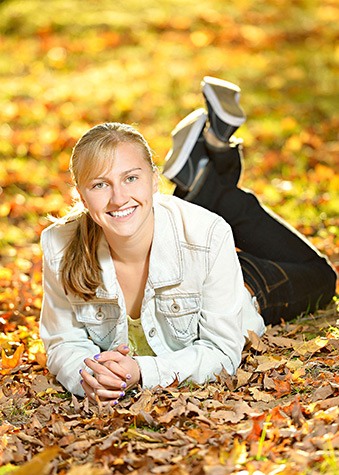
5. What type of work are you doing now?
I run a full-time, home-based photography studio in a small town in Upper Michigan. I photography primarily HS Seniors, Youth Sports and Weddings. I also photograph families, commercial establishments, professionals (headshots), and events.

6. Tell us about your photography business!
I have a thriving photography business that generates a full time income for my family. Each year, my business has grown and continues to do well, even with all of the easily accessible technology advances. I speak at photography conventions around the country, as well as photography conventions in Canada and the UK. I am also an Ambassador for several of the photography industry’s most successful companies. Life is good!
Take an Online Photography Course at NYIP
7. What have you learned throughout your 16 years as a professional that you’d like to share with our students?
You CAN achieve your dreams. It won’t come easy and it won’t come fast. However, if you look critically at your skills and where money can be made in photography, you can exploit that market. Someone will always be cheaper than you, but that is a race to the bottom. Charge what you need to charge to create a sustainable income for yourself.
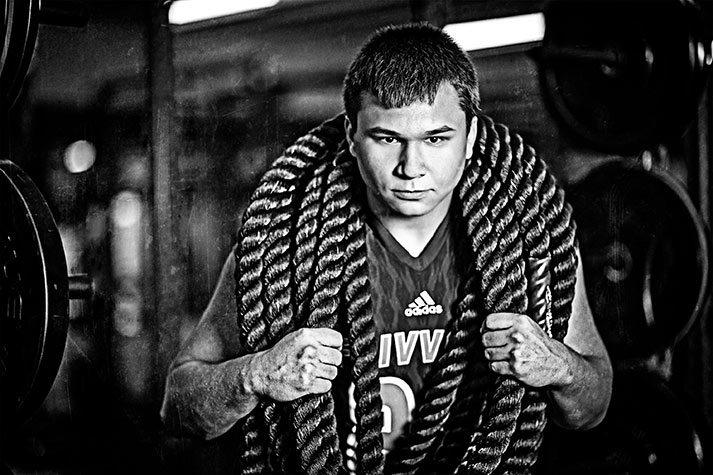
8. How do you find new clients and advertise the work you do?
Most people come to me via word of mouth or via my website. People refer me to friends and colleagues, but my reputation in my area has gone a long way to generating business for me. I have also been lucky to be given several school contracts, based on my reputation in area youth sports photography, which has diversified my business even further.
9. What qualities do you think a successful, aspiring photographer needs?
You can take all the pretty pictures you want, but if you do not have the background to sell them (and make a profit/living), photography will always be a hobby. Secondly, just be different. Don’t try to emulate someone else’s work. Look at what everyone else is doing and run 180° in the opposite direction. That is what will make you unique. Lastly, understand what you are doing before accepting a job or clicking the shutter button. Fixing a photo in Photoshop is much more time-consuming than just getting it right in camera.
10. What do you always carry with you in your camera bag?
Extra batteries and extra cards. Too often will you run low on juice or space when shooting away.
11. What’s the most interesting thing you learned at NYIP?
That certain fields pay better than others. My advisor gave me great advice when he said that people will always pay for portraits, rather than landscapes. It crushed me to hear that, but I used that to my advantage to generate a very profitable business. Although portraiture is getting more difficult, due to the availability of technology, there are still a lot of people who will pay for photographs (that can generate an income for a photographer).

12. If you had to pick one, what was the most memorable photography project you’ve ever completed or show you’ve ever shot?
Speaking at The Societies of Photographers convention in London. Working with international photographers shows that photography and lighting is the same around the world. Sometimes, observing how photographers from different countries see things allows you to be more open to different techniques or photography concepts.
13. Describe a workday in your life as a photographer.
My typical workday varies. Depending on when I have clients scheduled, I can either start off with office work or photography sessions. The best part about that is my day to day routine is always different and interesting.

14. What’s the most rewarding part of studying photography?
That moment when you reveal the photos and the client’s eyes light up. Then, you know you made a connection with them and brought out something they can always have a memory of.

15. What subject is usually your favorite to shoot?
I love shooting HS Seniors. Each day is different and the variety of subjects you get allows you to try different things. This is what keeps me fresh and looking forward to my next session.

16. If you could give one simple piece of advice to our current and prospective students, what would it be?
Set realistic goals, just outside of your comfort zone, and then do everything in your power to achieve them. Having realistic goals will allow you to not get constantly frustrated. I read this in a fortune cookie (and kept it in my wallet until it disintegrated)…..If you cannot win the race, at least make the person in front of you break the record. That has been my motto and it has worked well for me.



